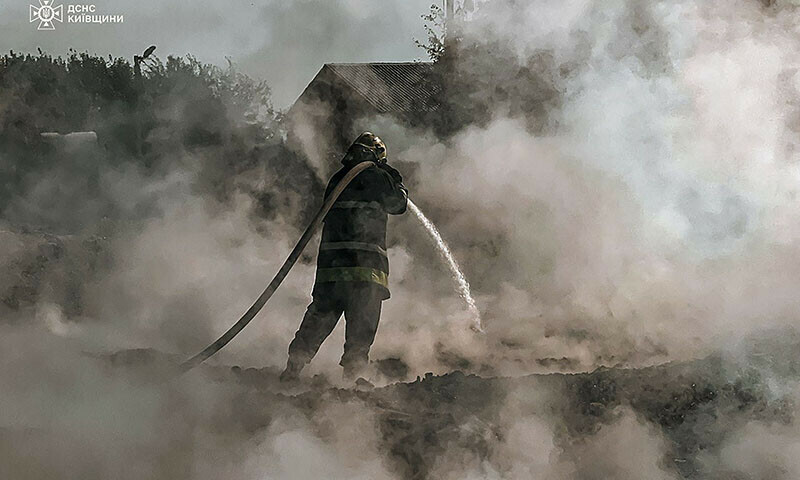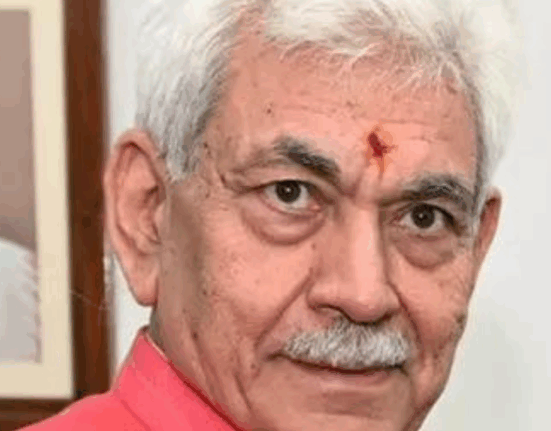The conflict between Russia and Ukraine has escalated dramatically with Russia launching a massive drone strike on Ukraine, deploying a record 728 drones in a single night. This attack came shortly after US President Donald Trump pledged to send additional defensive weapons to Kyiv and openly criticized Russian President Vladimir Putin. Despite the overwhelming number of drones, Ukrainian air defense units successfully thwarted the attack, utilizing electronic jamming systems to neutralize almost all of the drones.
The recent series of aggressive air assaults on Ukraine has raised concerns about the urgent need for strong sanctions targeting the financial resources that Russia uses to fund the war. Ukrainian President Volodymyr Zelensky emphasized the necessity for punitive measures, especially targeting those who support the Russian economy. In response to the escalating conflict, Trump expressed his support for imposing steep sanctions on Russia, including significant tariffs on countries purchasing Russian oil, gas, uranium, and other exports.
Trump’s shift in rhetoric towards Russia and his promise to supply more defensive weapons to Ukraine have stirred controversy and raised questions about the US stance in the conflict.
While Trump’s administration initially showed support for Kyiv, there has been a noticeable shift in US policy, with Trump considering some of Moscow’s justifications for the invasion. However, diplomatic efforts between Russia and Ukraine have yielded little progress, as Moscow has yet to agree to an unconditional ceasefire proposed by Trump and accepted by Kyiv. The decision to provide more defensive weapons to Ukraine came after the Pentagon temporarily halted critical munitions supplies to the country, despite the increasing Russian attacks causing fear and instability in Kyiv.
As the international community responds to the escalating conflict, Europe is actively working on a new sanctions package against Moscow. The European Court of Human Rights recently ruled unanimously that Russia was responsible for the downing of Malaysian Airlines flight MH17 in 2014 and had systematically violated human rights in Ukraine. The court’s decision highlighted Russia’s indiscriminate military attacks, summary executions of civilians, and other grave violations of human rights during the conflict.
The ruling by the European Court of Human Rights underscores the severity of Russia’s actions in Ukraine and the importance of holding accountable those responsible for such atrocities.
The ECHR’s ruling on the MH17 incident, where all 298 passengers onboard perished, criticized Russia for its lack of cooperation in the investigation and denial of involvement. The court emphasized that Russia’s refusal to acknowledge its role has prolonged the suffering of the victims’ families and survivors. The verdict was welcomed by Dutch authorities, with the majority of the victims being Dutch nationals. The ruling also addressed other cases of human rights violations in Ukraine, shedding light on the ongoing crisis and the need for justice and accountability.
The ECHR ruling, although symbolic due to Russia’s non-recognition of its jurisdiction, serves as a critical reminder of the ongoing human rights abuses and violations in the region. The conflict between Russia and Ukraine continues to unfold, with geopolitical tensions and humanitarian concerns at the forefront of international discussions. The need for a peaceful resolution and accountability for the atrocities committed remains paramount in restoring stability and justice in the region.









Leave feedback about this